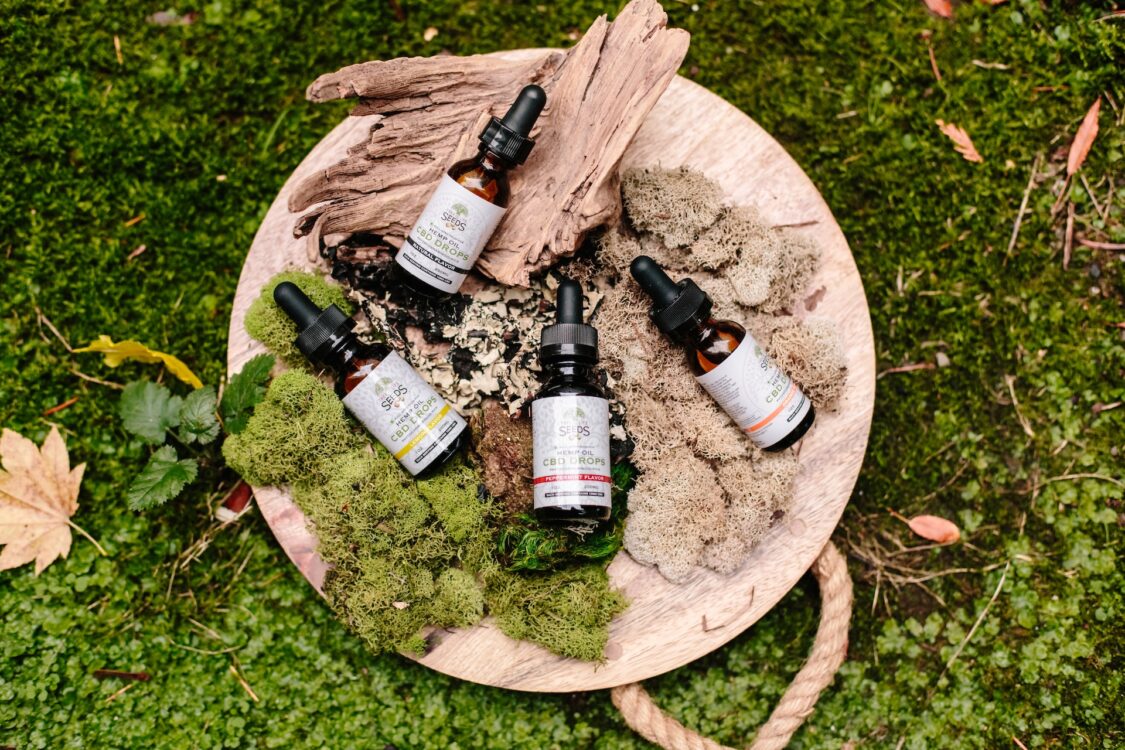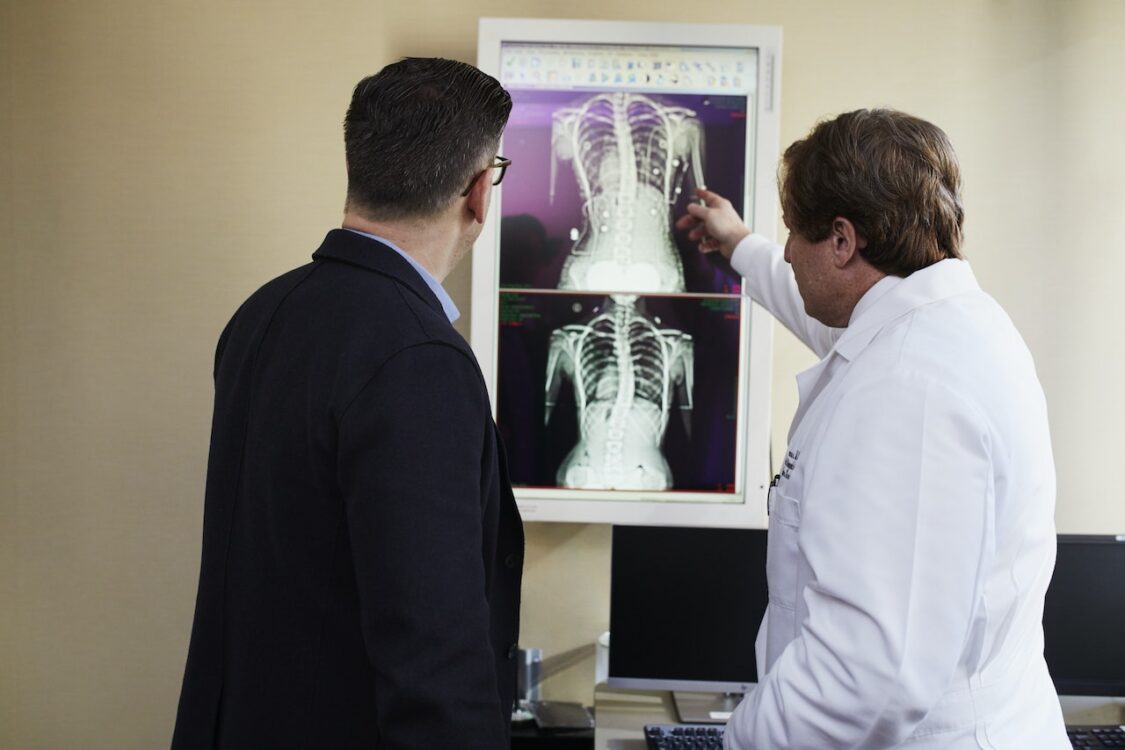Anxiety can be crippling for everyone, but it tends to be worse for children. Most adults at least have access to resources to develop their coping skills, but children often have less ability to deal with anxiety for several reasons.
First, the source of anxiety is sometimes out of their control. For example, stressful home life or a negative school environment are common anxiety triggers, but kids don’t have a choice in their exposure. Second, kids rely on their parents for resources, and they won’t get help if nobody knows they’re suffering.
If your child suffers from anxiety, here are some suggestions to help them cope with their triggers and experience less stress.
Make their life easier
The fewer stressors your child has in their life overall, the easier it will be for them to manage anxiety. It doesn’t matter where you start, but try to make their life easier in every possible way. For example, don’t push them so hard when they forget to do a chore, let them listen to music while they do their homework, and compromise in their favor. There are some things you can’t allow, but if it’s reasonable and seems to alleviate some stress, cut your child some slack.
If your child is on the autism spectrum and receives Applied Behavioral Analysis (ABA) therapy, try getting in-home therapy sessions to ease their mind about having to leave the house. Even if your child doesn’t actively complain, it can be a big deal to get ready for each appointment and sit in an unfamiliar space for the duration of their session.
Holding their therapy at home will be one less thing for your child to feel anxious about.
Don’t shield them from triggers
It might seem strange to suggest that children should learn to live with their triggers, but sometimes that’s the best way to help them cope. The good news is that over time, triggers can be reduced and/or eliminated. The problem is that shielding makes this type of healing impossible.
When a child’s anxiety is caused by stressors that will never disappear from their life, like loud sounds, crowds, bullies, and unfamiliar situations, shielding them at home will only make their life worse when they move out. They will then expect other people to protect them; that’s probably not going to happen, especially in the workplace.
Triggers caused by other people, like bullies, should definitely be addressed. However, you can’t just pull your kids out of school to avoid harassment and expect that they’ll never experience the same thing anywhere else. They will encounter bullies throughout their life; if they don’t learn to cope, their anxiety will only worsen.
If your child is triggered by things like noise, unfamiliar situations, or negative interactions with others, help them find ways to cope rather than trying to eliminate the source of the problem. For example, find earplugs or noise-canceling headphones they can carry in their pocket or backpack. To help your child cope with the unknown, start by validating their feelings and encouraging them to act despite their fear.
When it comes to bullies, they will never disappear, so the earlier your child learns to stand up for themselves, the better. Teach your child to say something to a teacher (or you) when they’re being mistreated at school. Don’t let them fall into the trap of believing nothing will be done about the situation because that will make them a perpetual victim to their bullies.
If the school doesn’t put a stop to things, you’ll need to step in for your child. If you push hard enough, you can get the administration to resolve the problem.
Anxiety is normal and treatable
Not sure if your child is anxious? If you’re unsure whether your child is suffering from anxiety, check this list of symptoms because not everyone will outright state they are anxious. Some kids don’t have words for how they feel, and you’ll have to pay close attention to their behaviors.
Although it’s difficult, anxiety is fairly common and is possible to treat. Anxiety is technically a nervous system disorder, sometimes caused when the body goes into “fight or flight” mode and never returns to normal.
In this state, over time, triggers have a deeper impact on the individual and the body perceives threats where there are none. It’s understandably not everyone’s first choice, but medication can help, and so can psychotherapy.
However, only you can know the best way to treat your child’s anxiety.










